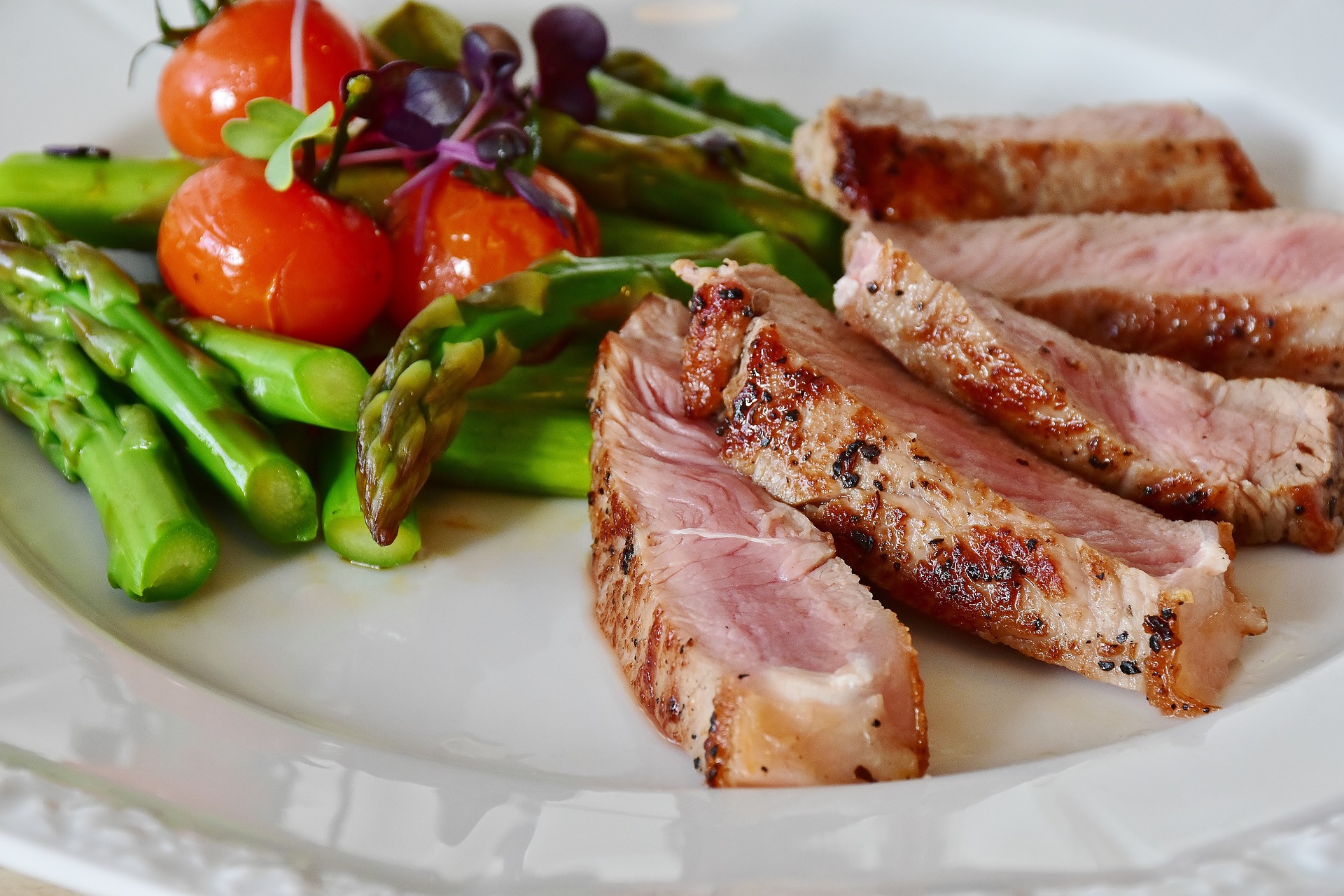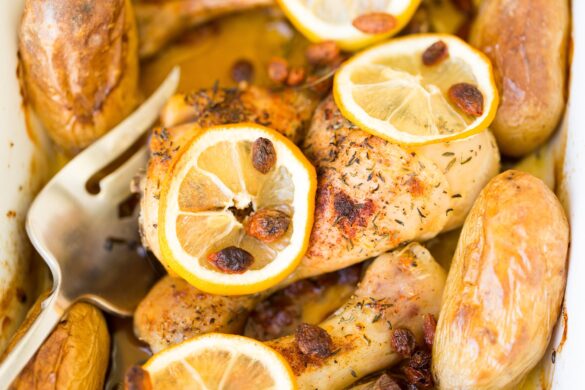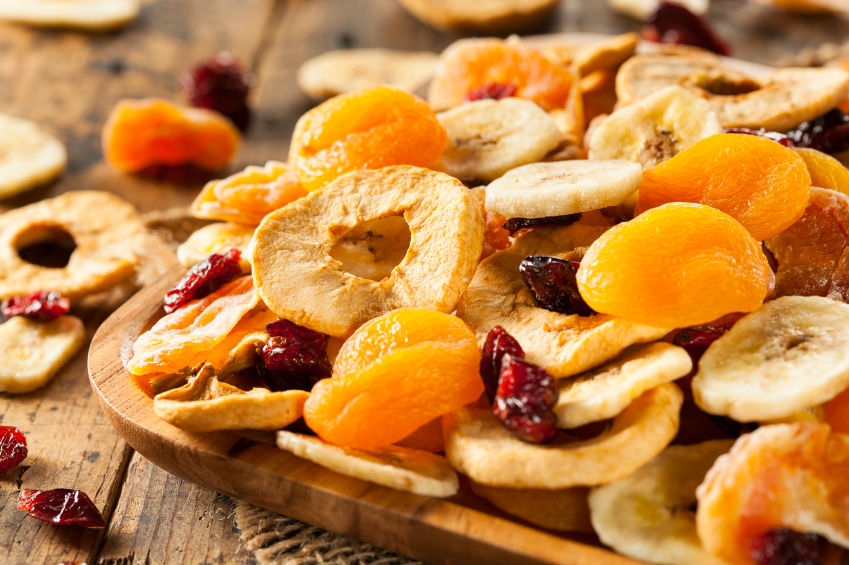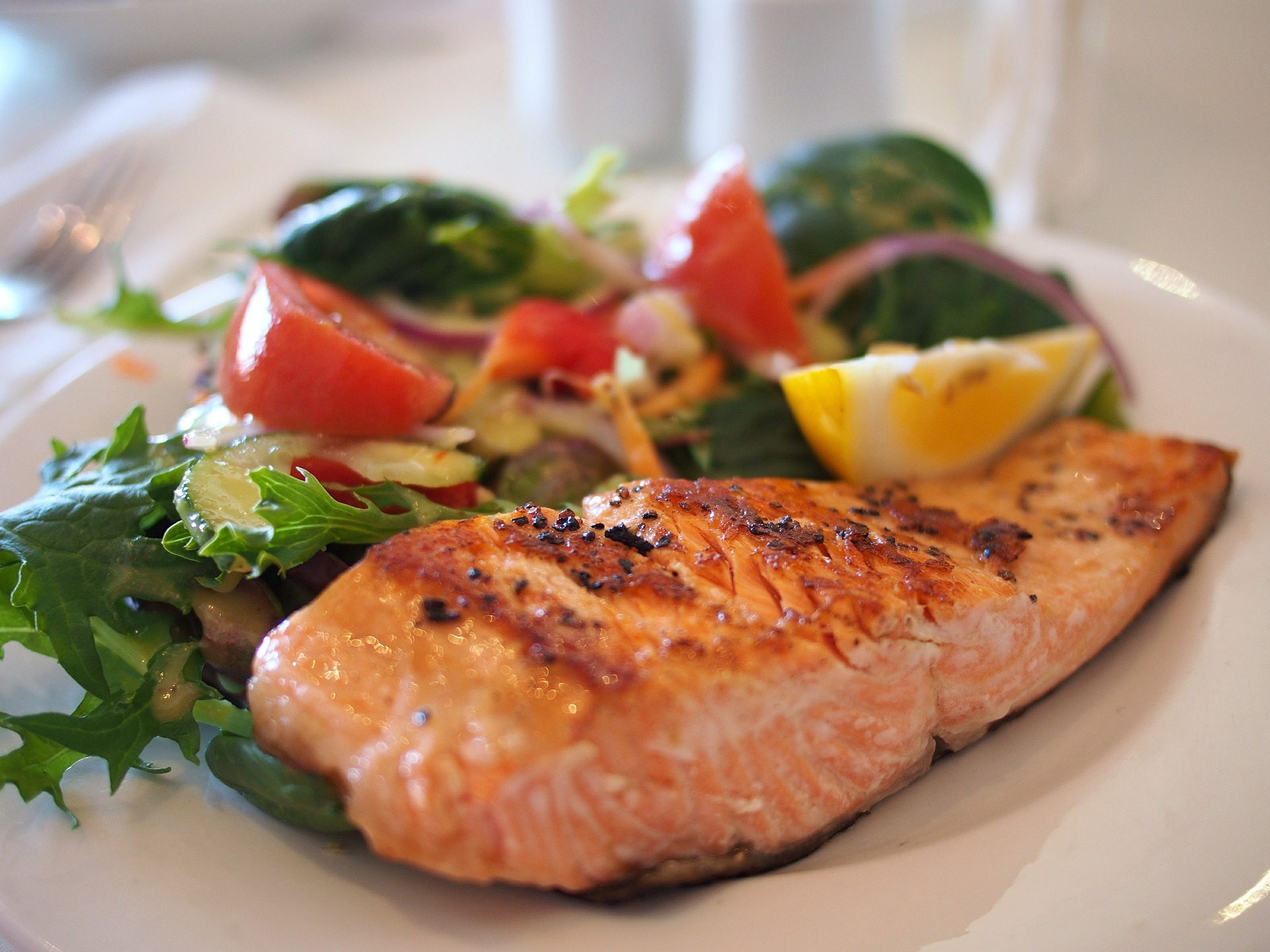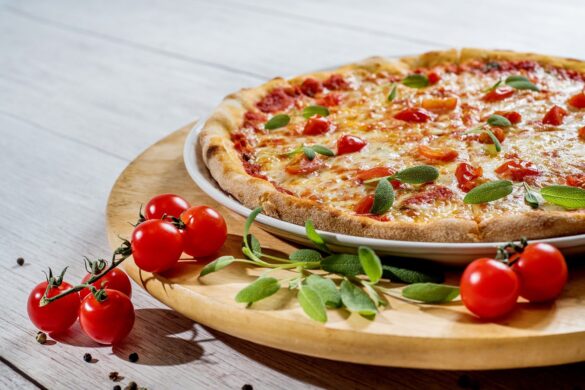Musculoskeletal pain is a problem that many people face. In fact, there are over 10,000 GP consultations in the UK each year for musculoskeletal problems. For some, these issues can lead to long term chronic pain conditions. Common conditions that fall into this category include osteoporosis, back pain, and osteoarthritis. Although these conditions may never be fully cured, there are some things that can help such as medication and gentle exercise. And when it comes to diet, what changes can reduce musculoskeletal pain?
High-protein foods
For cases of chronic pain, high-protein based diets are recommended. According to one paper, four reasons for this are:
- The body’s pain relievers derive from proteins — Amino acids make their way into the bloodstream through the intestine (where what you eat is absorbed). They then act as building blocks for compounds that help with pain relief.
- The activation of glucagon — Glucagon increases blood glucose levels and blocks glucose storage as fat. This can prevent a rise in insulin levels, carbohydrate cravings, and pain flares.
- Muscle-cartilage needs protein to grow — Amino acids are needed to build muscle which can go on to protect your bones and build strength.
- Decreasing inflammation — Protein containing foods such as fish and green vegetables contain anti-inflammatory properties, lowering experiences of pain.
How do you incorporate high levels of protein into your diet? Add foods such as beef, fish, and eggs to your plate to up your protein intake. For vegan diets, make sure you’re eating enough pulses (lentil, beans, and soya products). There are protein supplements out there too in the form of drinks and snack bars.
Keeping an eye on the carbs
Consuming excess calories by eating unhealthy foods, or overeating, can cause weight gain. This can then lead to excess weight carried around the waist and obesity — both of which can make musculoskeletal pain worse. This is due to extra pressure on joints and inflammation.
Inflammation is the body’s natural reaction to pain. But, there are cases when inflammation doesn’t shut down — this becomes chronic inflammation. It is this which is the underlying cause of many diseases, health problems, and pain.
In addition to excess calories, refined carbohydrates, saturated fats, and trans fats can cause inflammation too.
Weight maintenance and weight reduction which helps musculoskeletal issues, can be done by monitoring calorie levels. In fact, one study found that weight reduction of more than 10% has the potential to lead to important changes in pain and function.
Omega-3 fatty acids
Omega-3 fatty acids are essential to our health. Unfortunately, they’re not made by the body, so we need to get them from our diet.
In particular, research has shown that high doses of omega-3 can provide some relief from arthritis especially Rheumatoid Arthritis. Again, this is an anti-inflammatory which deals with the issues mentioned earlier.
Where can omega-3 be found? Omega-3 can be found in oily fish (such as salmon and tuna), calamari, olive oil, and some plants and nuts. A mixture of these things should ensure that you’re getting enough of the fatty acid.
Vitamins: are you getting enough?
Making sure that we have enough vitamins in our diets is a requirement for everyone — they each have their own benefits that keep us healthy. But some musculoskeletal conditions are a result of vitamin deficiencies, and certain vitamins can keep pain at bay.
Then there is vitamin B. One benefit of vitamin B is that it keeps amino acid homocysteine under control. High levels of this could be linked to lower bone density and therefore musculoskeletal issues. Increase your intake of vitamin B through chicken, turkey, fish, oats, and more.
Vitamin D gives you the calcium you need to ensure muscle and bone growth. Eggs are a great source of vitamin D and are easy to incorporate into your diet. Another way to up your intake is with safe levels of sun exposure.
Vitamin K plays a large part in cartilage metabolism and is a promoter of cell survival — both important processes in the body that can prevent musculoskeletal issues. Get your intake of vitamin K through green leafy vegetables such as lettuce, spinach and beans.
There are many more ways that your diet can reduce musculoskeletal pain. Always speak to your GP and nutritionist before changing your diet and for more advice on how the foods you eat can ease chronic pains.
